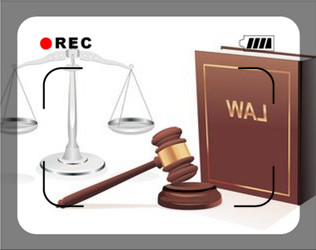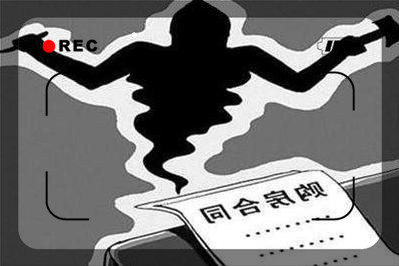信用卡逾期不可以分期吗,逾期的信用卡可以分期吗?
Title: Can overdue credit card bills be converted into installments?
Introduction:
This article aims to discuss the options available for individuals with overdue credit card bills, specifically whether these bills can be converted into installments. Understanding the consequences of credit card delinquency and exploring potential solutions can help individuals avoid further financial difficulty and manage their debt effectively.
Can overdue credit card bills be converted into installments?
When credit card bills go unpaid for an extended period, the credit card issuer may consider the debt as being in default. This means that the borrower has failed to meet their financial obligations according to the agreed terms. In such circumstances, credit card issuers typically do not allow for the overdue amount to be repaid in installments. Instead, they may demand immediate payment of the outstanding balance or take legal action to recover the money owed.
Reasons why credit card bills cannot be converted into installments:
1. Breached contract terms: By failing to make timely payments, borrowers breach the contractual agreement they entered into with the credit card issuer. This non-compliance often excludes them from installment repayment options.
2. Increased risk: Credit card issuers perceive borrowers with delinquent accounts as higher risks. Allowing these individuals to convert overdue amounts into installments might further jeopardize the credit card issuer's financial interests and increase the chances of default.
3. Penalty charges: In addition to potentially not offering installment options, credit card issuers may levy late payment fees or raise the interest rate on the outstanding balance. These charges can escalate the total amount owed and discourage installment arrangements.
What to do when credit card bills are overdue?
1. Contact the credit card issuer: Individuals facing overdue credit card bills should contact their credit card issuer immediately. Explaining the circumstances leading to the delinquency and discussing potential repayment options may be useful in negotiating a resolution.

2. Seek professional advice: Consulting a financial advisor or credit counseling agency can provide guidance on managing debt and developing a repayment plan. These professionals can also help negotiate with credit card issuers on behalf of the borrower.
3. Consider debt consolidation: Consolidating multiple debts into a single loan can make it easier to manage repayments. This strategy may be particularly helpful for individuals with high-interest credit card debt.
4. Review spending habits: Assessing personal spending habits and creating a budget can help individuals regain control of their finances and prevent further credit card delinquency.
5. Explore alternative financing options: If credit card issuers do not offer installment repayment options, individuals can consider personal loans or balance transfer offers from other financial institutions. These options may provide a lower interest rate and longer repayment terms.
Conclusion:
When credit card bills become overdue, credit card issuers typically do not allow for installment repayment plans. It is essential for individuals facing delinquency to take prompt action, contact their credit card issuer, seek professional advice, and explore alternative financing options. By actively managing their debt and adopting responsible financial habits, individuals can work towards resolving their overdue credit card bills in a systematic and sustainable manner.








